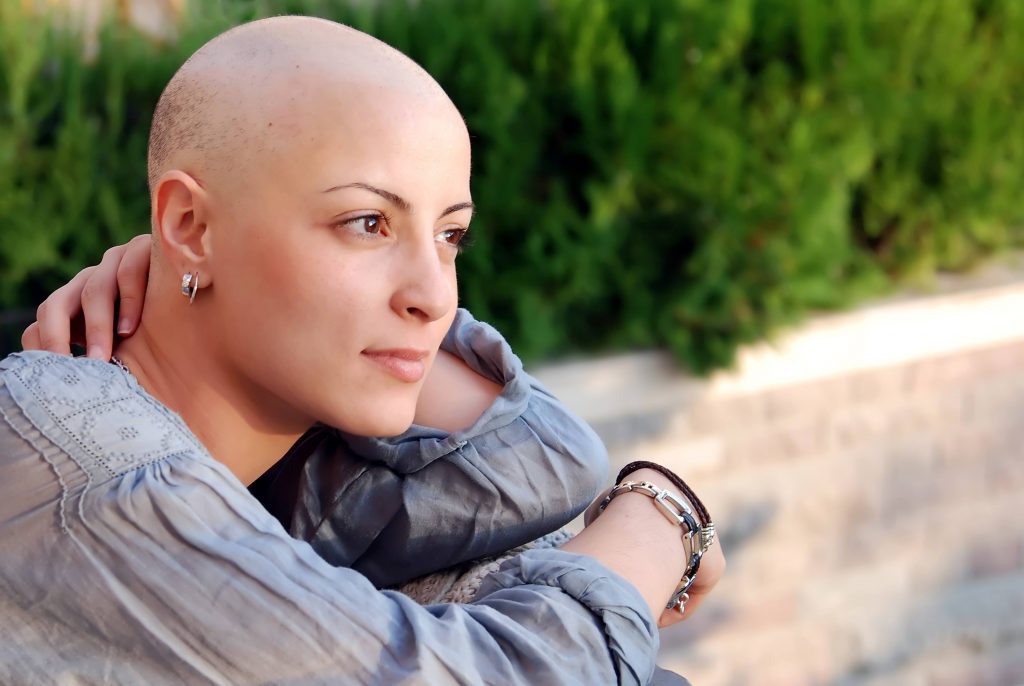-
Cancer
Living With Cancer: Chemotherapy and hair loss
 Chemotherapy and hair loss: What to expect during treatment
Chemotherapy and hair loss: What to expect during treatment
Chemotherapy drugs are powerful medications that attack rapidly growing cancer cells. Unfortunately, these drugs also attack other rapidly growing cells in your body, including those in your hair roots. You might not realize how important your hair is until you face losing it, but both men and women report hair loss as one of the side effects they fear most after being diagnosed with cancer. Here's what you can expect and some strategies to manage the frustration and anxiety associated with hair loss due to chemotherapy.
Stool DNA test
The stool DNA test is a new method to screen for colon cancer or precancerous polyps in people with no symptoms. It's a noninvasive laboratory test that identifies DNA changes in the cells of a stool sample. The test also detects hidden blood in the stool, which can indicate the presence of cancer. If a stool DNA test detects abnormalities, additional testing may be used to investigate the cause, such as a colonoscopy to examine the inside of the colon. Learn more about this new way to screen for colon cancer.
Male breast cancer
Male breast cancer is rare. It's most common in older men, though it can occur at any age. Men diagnosed with breast cancer at an early stage have a good chance for a cure. Still, many men delay seeing their health care providers if they notice one of the usual signs or symptoms, such as a breast lump. For this reason, many are diagnosed when the disease is more advanced. Learn more about the signs and symptoms of male breast cancer.







